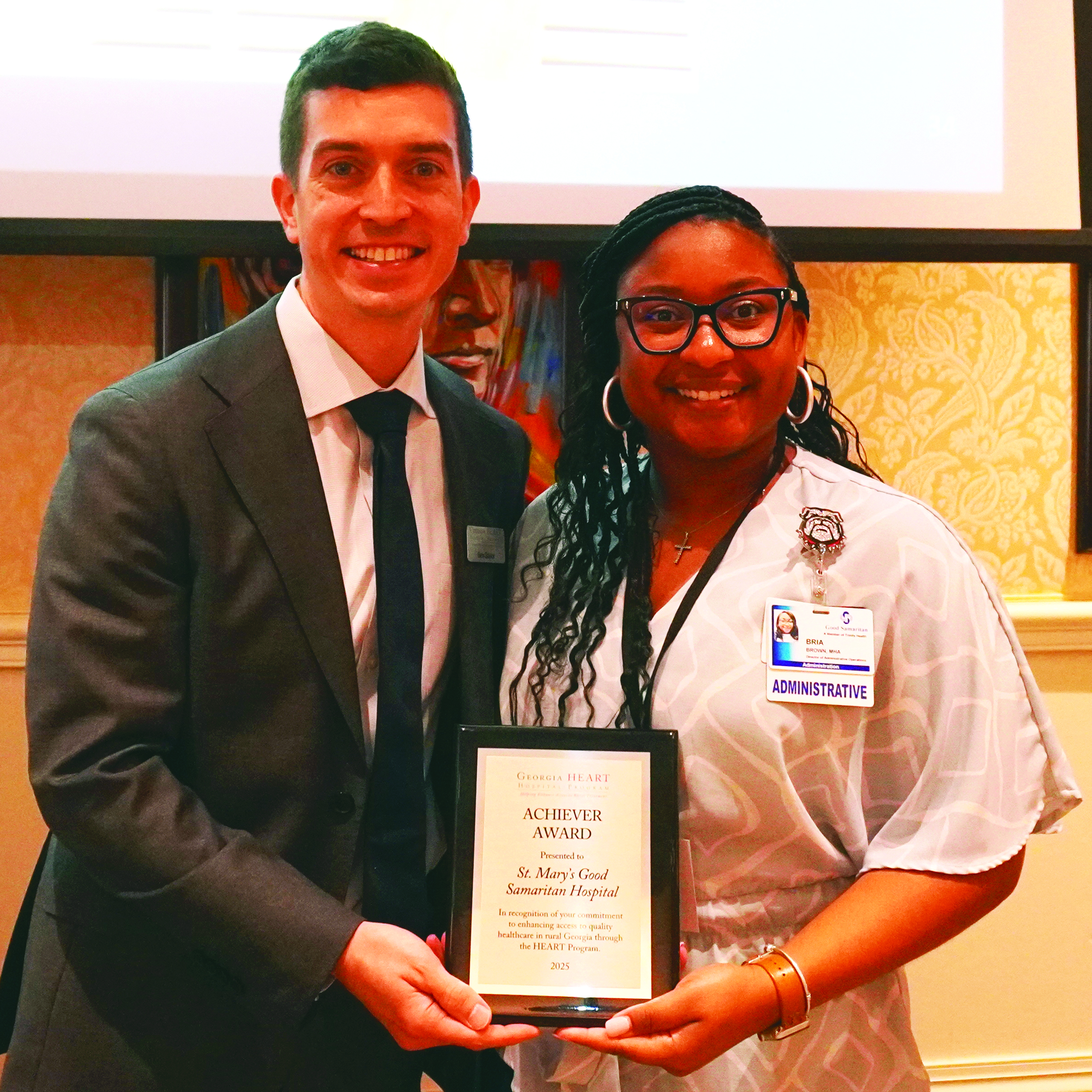Evaluating the causes of stress helps
Published 12:32 pm Thursday, April 11, 2013
With Easter in the books and April underway, spring has officially arrived. However, along with beautiful weather and blooming flowers, spring can also bring a more frenzied pace of life. Whether it is t-ball games during the week, increased studying for finals, planning for that summer vacation or worrying about that looming April 15 tax deadline, almost everyone experiences a higher level of stress this time of year. This is one reason that The Health Resource Network (HRN), a non-profit health education organization, has declared the month of April “Stress Awareness Month” in an effort to inform people and create awareness about the dangers of stress, strategies for relieving stress and its long-term effects and harmful misconceptions about stress that are prevalent in our society.
According to the National Institute of Mental Health, “Seventy-five percent to 90 percent of all doctor’s office visits are for stress-related ailments and complaints.” While stress is normal—and can even be beneficial in certain instances— excessive and constant stress can affect and deteriorate our health. Stress can play a part in headaches, high blood pressure, heart problems, diabetes, skin conditions, asthma, arthritis, depression and anxiety. There is a large body of research that has shown the negative effects stress has on the immune system. Stressed people tend to get sick more often.
While we can’t eliminate stress from our lives, we can learn to manage it better. But in order to do that, it is important to understand the types of stressors we face – or what is more commonly referred to as “the 3 T’s of stress”:
- Trauma– This refers to some type of physical stress on the body. This type of stress can further be broken down into “macro” and “micro” trauma. Macro trauma stressors are associated with some type of forceful damage to the body such as car accidents, serious falls, sports injuries, broken bones, surgery and childbirth. Micro trauma stressors are minute in nature and usually related to more habitual behaviors. These can be anything from posture, sleep habits, poor work ergonomics, kids falling, sitting at a desk long hours, improper golf swing and looking down while reading or texting.
- Toxins– This type of stress is also referred to as chemical stress. Some examples of stressors from toxins are food allergies, air pollution, pollen, drugs, alcohol, medications and a diet heavy in processed foods. This chemical stress can create internal changes to the body’s working systems and create problems such as dehydration, digestive problems, infections, imbalance of vitamins and minerals, and/or blood sugar imbalance to name a few. Chemical stresses can vary from person to person.
- Thoughts– This is also commonly called emotional stress. While this is usually what most people probably think about when they hear the word “stress,” it is also the most difficult to understand. High levels of emotional stress can stimulate the survival parts of the nervous system in response to stressful situations. This is often referred to as “flight or fight”, which means our bodies are reacting to either “fight” for survival or run away. The body will initiate a physical reaction to this increased stress by raising blood pressure, heart rate and respirations. When this type of response happens for increased periods of time due to prolonged emotional stress such as hate, anger and fear, then this part of the nervous system can become fatigued and worn down. When this happens many other physical changes can happen within the body that can result in sickness and disease.
Using the above categories as a reference, take some time to assess and categorize the stressors in your life. Then, go through your list and mark an “E” by stressors that can be eliminated, an “R” by stressors that can be reduced and a “C” by stressors that you can cope with. While you can’t completely eliminate stress from your life, you might be surprised at how a few simple changes—be it eliminating a particular stressor, revamping your workspace or cleaning up your diet—can help to lower your overall stress level.
For more information and ideas on how to deal with stress feel free to contact me at pathwaysth@gmail.com.
Dr. Justin Lance can be reached at Pathways to Healing, (706) 454-2040.





